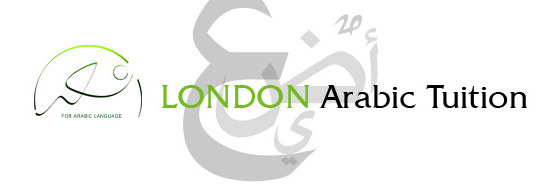Learning a new language or dialect can be highly challenging. Especially in cases where someone is only familiar with one language, learning to fully speak in another language can be one of the most difficult undertakings ever.
Nevertheless, difficult and impossible are two totally different things. That said, the following is a closer look at some things to know if you want to learn Arabic dialects.
Number of Standard Dialects
While every area is different with regards to the number of dialects, the Middle East has three main dialects. They are the following: Levantine, Egyptian and Gulf Arabic. If you are not from the area, this is likely a shocker to you as the average person believes the Middle East is filled with a wide variety of languages and dialects. Either way, although learning the languages of this area may be a bit intimidating, once you learn one dialect perfectly, you will be able to learn the others more easily given the similarities.
Differences and Similarities Between the Dialects
In terms of the similarities and differences between the dialects, there are some interesting things to note. Firstly, between 80-90% of their vocabularies (verbs, adverbs, and adjectives) are exactly the same. However, there are differences in the colloquialisms, phrases, as well as accents of the people within each city.
Moreover, as with other areas of the world, there are some phrases that are specific to certain cities and locations. Lastly, there are differences with regards to the sound of each respective dialect. For instance, Levantine is known for having a softer sound, Egyptian is known for its speed, and gulf is most well known for having a heavier sound.
Which Dialect should I Learn?
Everyone is different. The language or dialect that best suits you can depend on a variety of factors. For instance, if you are going to live or travel to Egypt, then learning the Egyptian dialect would be the clear choice for you. Realistically, any one of the three dialects would be great to learn, though many do prefer Levantine as it’s very soft.
Either way, taking the time to perfect one dialect is the key to understanding the others. Taking one of our Arabic courses in London could help you to figure out which dialect you should be learning.
Why Moroccan Arabic Doesn’t Qualify as a Standard Dialect
In terms of why Moroccan doesn’t qualify as a standard dialect, there are a few factors to consider. First and foremost, one of the top reasons is that it is a mixture of a few languages that only the locals understand. In other words, learning this dialect essentially requires one to have a relatively strong grasp on several different languages.
Moreover, Moroccan people also speak French. Given that French is one of the world’s most widely used languages and is ranked the sixth most widely-used languages in the world, it is highly likely that they are able to communicate while traveling by speaking French. This eliminates the need for others to learn Moroccan Arabic while also allowing those who live in the region to maintain their own culture and language that is different from the rest.
Overall, learning a new language or dialect doesn’t have to be as challenging as you think. Especially in the case of learning Arabic dialects, most of the battle lies in the mental hurdles associated with stretching your brain capacity to include an entirely new way of speaking.
Moreover, for those who are unfamiliar with the culture as a whole, the mere notion of learning to speak a foreign language could be too much for one to handle. Nevertheless, difficult is not impossible.
By following the tips and tricks within this post, you will be well on your way to selecting, learning, understanding, and speaking the Arabic dialect of your choosing. Ready to learn? Go take some Arabic lessons!



Leave a Reply
You must be logged in to post a comment.